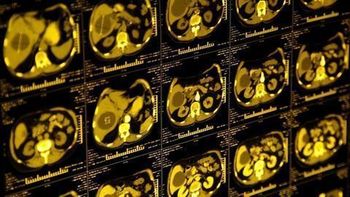
The deep learning algorithm can distinguish between malignant and benign nodules at initial screening.

The deep learning algorithm can distinguish between malignant and benign nodules at initial screening.

Elderly female with back pain and radiculopathy. What is the most likely diagnosis? What is the most common tumor in this location?
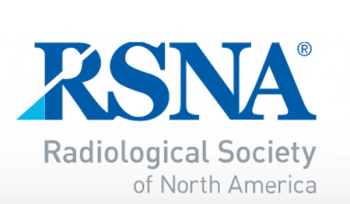
This year’s meeting with be in-person, but it will also include a virtual component for those unable to attend.

Here's what to expect this week on Diagnostic Imaging.
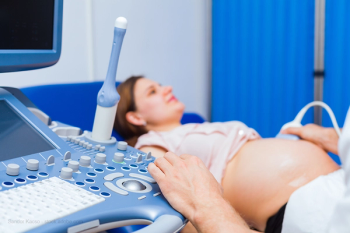
Digital access for imaging goes a long way toward making patients happy.

The potential impetus behind wanting to take the reins of leadership.

Multi-institutional group is designed to engage providers in efforts designed to alleviate disparities in the healthcare system.
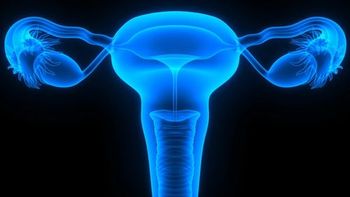
No difference was seen between women who were screened yearly and those who did not undergo annual exams.
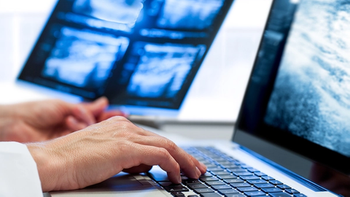
Patient hand-offs are prime times for errors to occur, but departments and hospitals can take steps to make these moments safer.

Take a quick look at Diagnostic Imaging's Top 5 stories of the week.

Dana Bonaminio, M.D., Women’s Imaging National Subspecialty Lead from Radiology Partners, offers tips and guidance on what providers should make sure women know about their breast health.

There is no standard staffing model for pediatric hospitals nationwide despite the push for around-the-clock in-house attending coverage.

CT scans show patients infected with the virus who are intubated or who experience fever have lower gray matter volume in the frontal-temporal lobe.

In this patient with progressive anemia, what is your diagnosis on this CT?

When it comes to improving radiology understanding and performance, there’s a shift underway from peer review to peer learning.
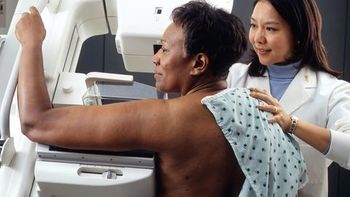
An effective strategy requires participation by public health advocates, legislators, providers, vendors, and the media.

In collaboration with Black Women’s Health Imperative, National Alliance for Hispanic Health, and RAD-AID, Hologic has launched Project Health Equality.
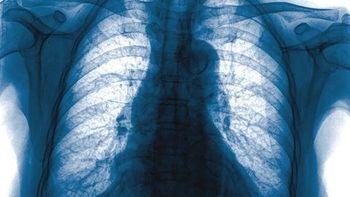
Computer program can accurately predict 80 percent of cases where COVID-19 patients will develop life-threatening conditions within four days.
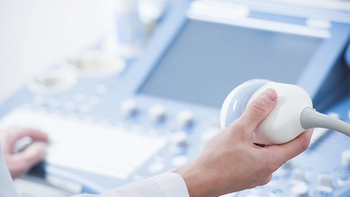
By combining a wave reflection analysis with standard Doppler ultrasound, providers can better identify whether a pregnant woman is experiencing impeded blood flow to the placenta, potentially improving pregnancy outcomes.

Move would support patients and encourage innovation.

Middle age male with left sided weakness. What is the most likely diagnosis? What radiology sign is demonstrated?
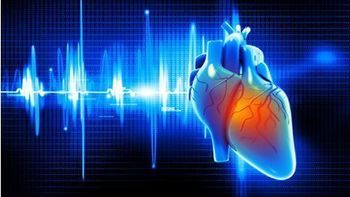
Six months post-infection, the hearts of patients who had mild disease appear similar on cardiac MRI scans to the hearts of patients who were never infected.

Know what you have -- and know how it compares to the market.

Here's what to expect this week on Diagnostic Imaging.
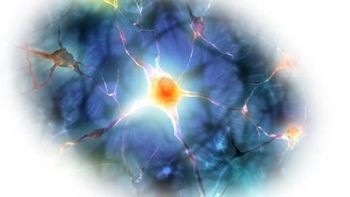
Study shows lower energy reserve index in patients with mild cognitive impairment and early Alzheimer’s.
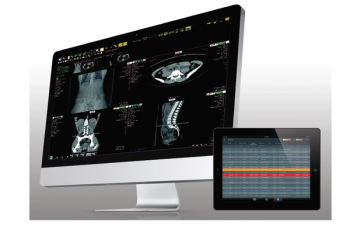
Move embeds cloud-based speech recognition and automation solutions into Konica-Minolta’s Exa® Platform.
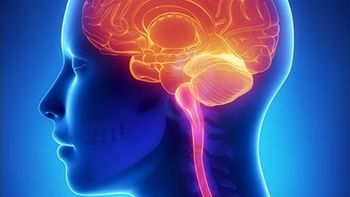
Real-time visualization of brain movement can help radiologists identify hard-to-detect brain conditions.

Both pre- and post-menopausal women who undergo annual screening mammography have fewer late-stage breast cancer diagnoses, fewer interval cancers, and smaller average tumor size.
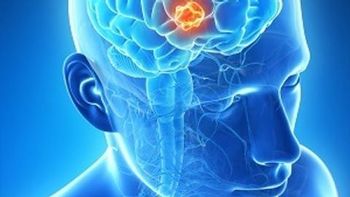
Adding 18F-FET PET to contrast-enhanced MRI can better determine which patients are responding well to immune checkpoint inhibitors or targeted therapies.

Take a quick look at Diagnostic Imaging's Top 5 stories of the week.